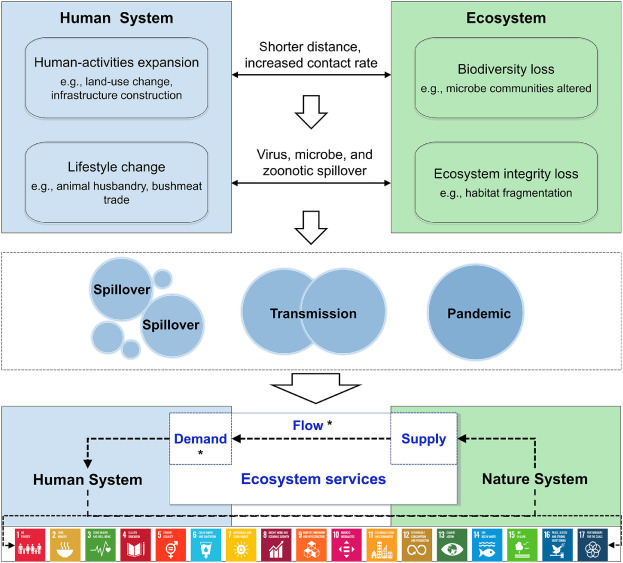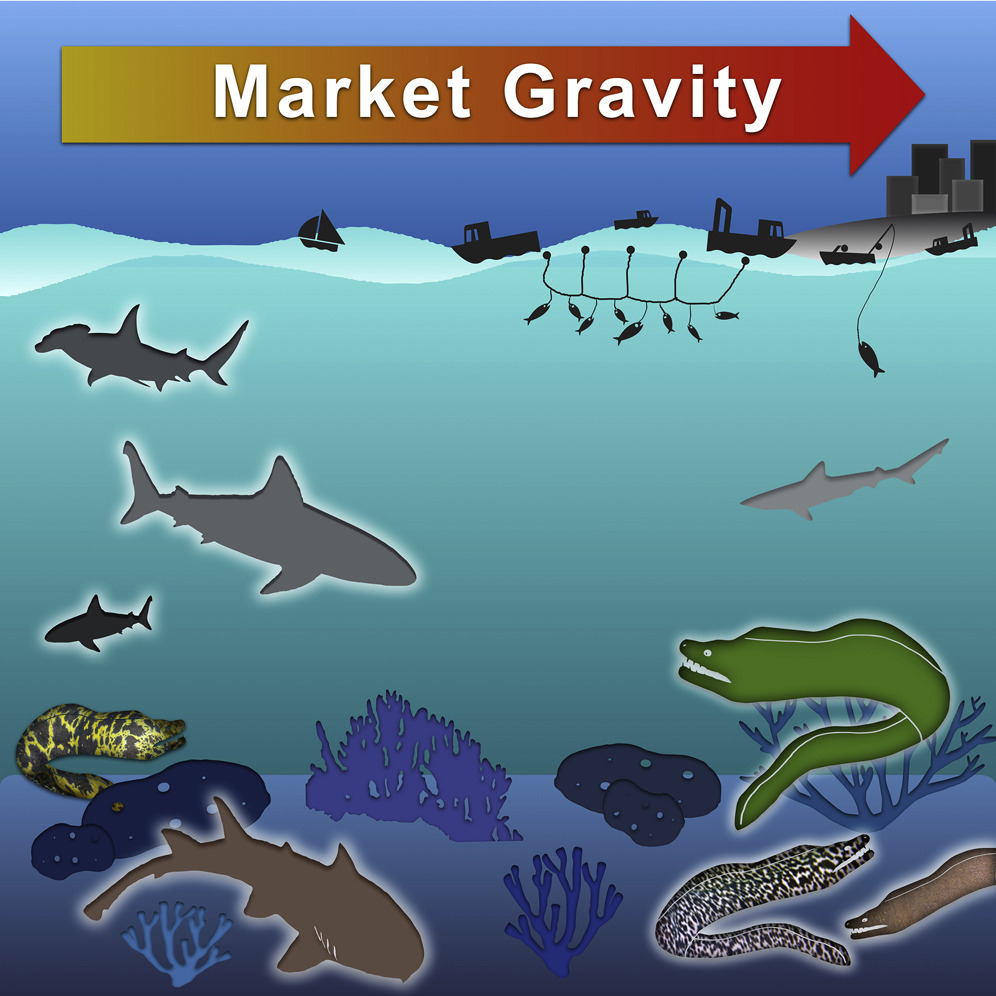Sustainable Cities and Society, Volume 66, March 2021
The climate emergency and population growth are challenging water security and sustainable urban design in cities worldwide. Sustainable urban development is crucial to minimise pressures on the natural environment and on existing urban infrastructure systems, including water, energy, and land. These pressures are particularly evident in London, which is considered highly vulnerable to water shortages and floods and where there has been a historical shortage of housing. However, the impacts of urban growth on environmental management and protection are complex and difficult to evaluate.
Sustainable Cities and Society, Volume 66, March 2021
Electric vehicles (EVs) are widely regarded as the key to finally making private mobility clean, yet virtually no research is being conducted on their potential contribution to the expansion of impervious surfaces. This study aims to start a discussion on the topic by exploring three relevant issues: the impact of EVs’ operating costs on urban size, the space requirements of charging facilities, the land demand of energy production through renewables.
Geography and Sustainability, Volume 2, March 2021
The COVID-19 pandemic has stalled and rolled back progress on Sustainable Development Goals (SDGs). Ecosystem services (ESs), defined as the contributions of ecosystems to human well-being, underpin the achievement of SDGs. To promote SDG achievement in post-pandemic era, we teased out the links between ESs and SDGs while examining the impact of COVID-19. We found that ESs benefited all SDGs, yet man-made pressures led to degradation of ecosystems and their services. There is broad consensus that the virus lurks in degraded ecosystems and generates spillover due to human interference.
iScience, Volume 24, 19 March 2021
Proximity and size of the nearest market (‘market gravity’) have been shown to have strong negative effects on coral reef fish communities that can be mitigated by the establishment of closed areas. However, moray eels are functionally unique predators that are generally not subject to targeted fishing and should therefore not directly be affected by these factors. We used baited remote underwater video systems to investigate associations between morays and anthropogenic, habitat, and ecological factors in the Caribbean region.
iScience, Volume 24, 19 March 2021
Mangrove-dominated estuaries host a diverse microbial assemblage that facilitates nutrient and carbon conversions and could play a vital role in maintaining ecosystem health. In this study, we used 16S rRNA gene analysis, metabolic inference, nutrient concentrations, and δ13C and δ15N isotopes to evaluate the impact of land use change on near-shore biogeochemical cycles and microbial community structures within mangrove-dominated estuaries.



